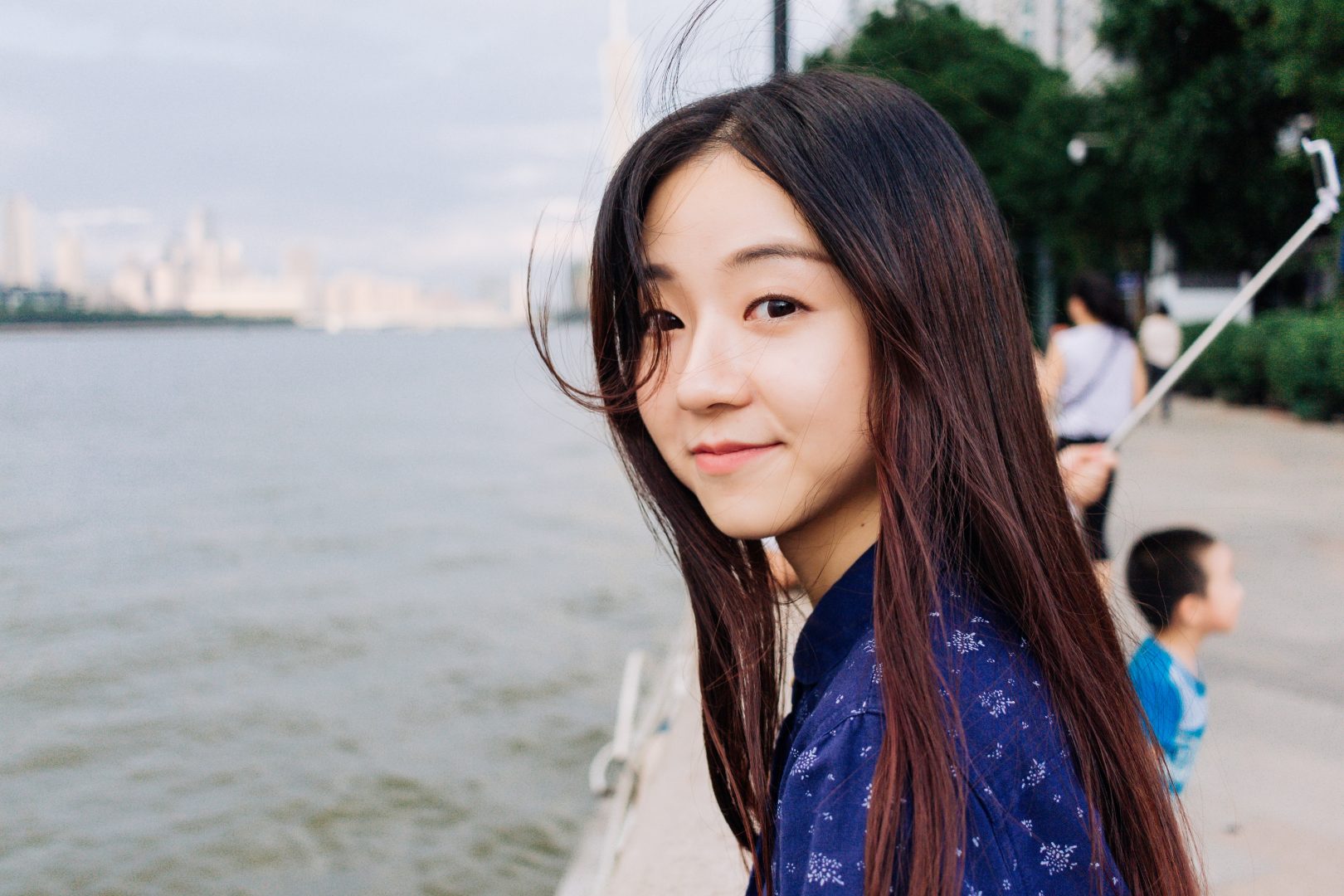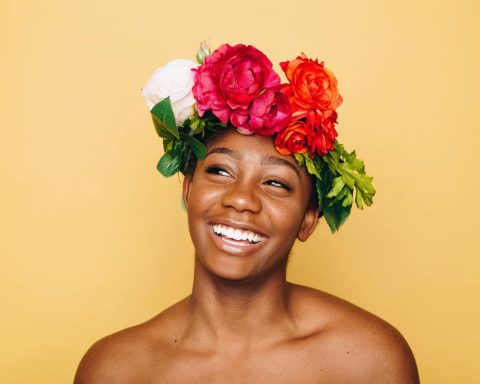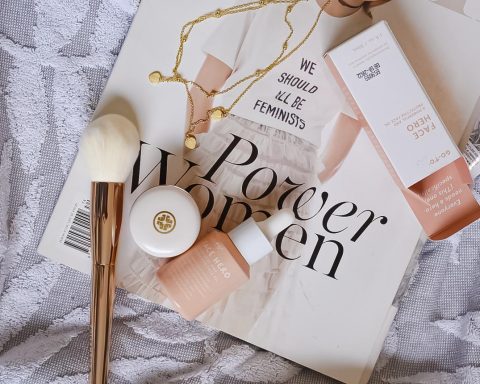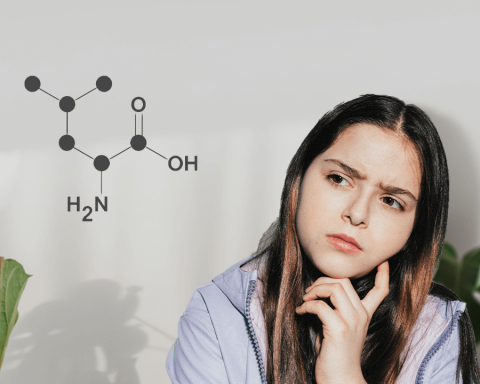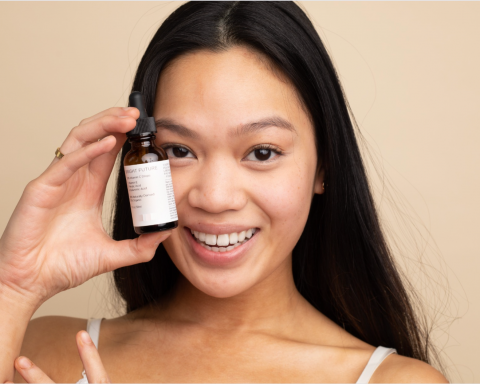As early as six months of age, East Asian women are taking a preventative approach before the rest of the world. It’s a joke, though. It explains how every Asian lady wants to be young and beautiful forever, and Asian culture does have its secrets. If you’ve ever surveyed the physical makeup, and cosmetic makeup, of various cultures, Asian women stand out for their age-defying beauty practices. Is it just some special skincare that Asian women use or do they have other anti-aging secrets? Below, we’ll look into why Asian women seem so age-defying and how women of any culture, particularly western women, can benefit from the beauty practices of Asian women.
Why Do Asian Women Seem to Stop Aging before 50?
While it may seem to be a cosmetic legend, there is some science to the observation that “Asians don’t raisin”[1] or, in simpler terms, don’t age very rapidly. Lighter complexions that have the least amount of melanin are more subject to sun damage that can lead to cracking and wrinkles. Because Asian women have slightly more pigmentation in their skin compared to those with fairer skin, they experience less photodamage and don’t seem to wrinkle as much (with those with high amounts of skin pigmentation, such as those of African descent, showing the least photodamage). Likewise Asian women have a slightly thicker dermis layer[2] and more collagen layers which help to retain skin elasticity and decrease wrinkling and other signs of damage that accompany aging. Further, because fat and bone are critical features of one’s facial structure, losing fat and bone as women age can lead to skin sagging and a more aged look. Because Asian women typically have a wider bone structure, it can offer the appearance that Asian women are ageless even when they are nearing 50 years old.
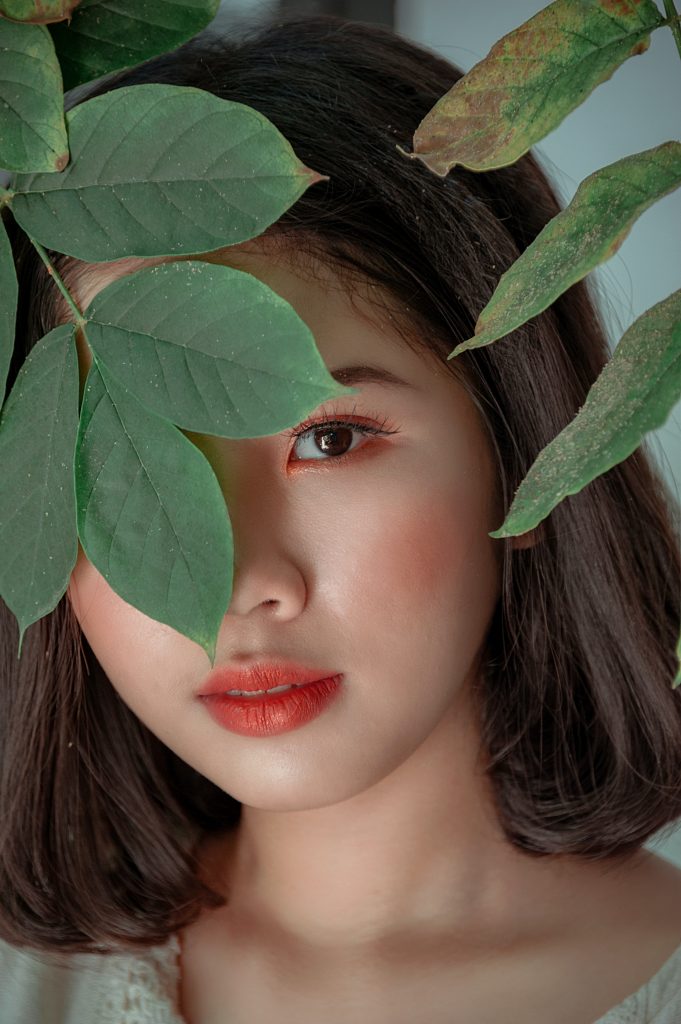
How do Asian Women Suddenly Turn Old?
Although Asian skin may seem age-defying, that doesn’t mean that Asian skin doesn’t age. It may also appear that Asian skin ages very rapidly once women reach 50 years of age. This aging process occurs for a variety of reasons[3]. One reason is because of smoking. High rates of smoking among Asian women can lead to advanced aging smoking leading to more advanced wrinkling. Although the onset of wrinkling is typically delayed for most Asian women, usually until around 50, Asian women typically show substantial wrinkling throughout the face with much deeper wrinkles compared to women of other cultures.
What Makes Asian and Western Women Aging Differ?
The differences in aging between Asian and Western Women[2] can be attributed to a variety of causes. First, as noted, Asian women and Western women have different bone structures. Western women typically have narrower faces and jaw structures with a more protruding chin as well as lips that can vary between thin to full. Asian women typically have wider faces with a less protruding jaw line and fuller lips. As bone structure changes, Western Women are more likely to experience skin sagging, with wrinkling typically occurring around the eyes and mouth. Asian women are less likely to experience sagging, though over time they are equally as subject to wrinkling.
Likewise, melanin concentrations typically differ between Asian and Western women. Western Women typically have less melanin, which increases the likelihood of photodamage (burning, scarring, cracking) that can lead to skin turning darker and redder, providing a more noticeable sign of skin aging. In addition to having more melanin, Asian women typically avoid the sun more, which can delay skin aging further. That being said, those with darker skin and more melanin, such as Asian women, are more subject to variations in skin pigmentation such as seborrheic keratoses that can lead to noticeable spots and patches on the skin that indicates skin aging.
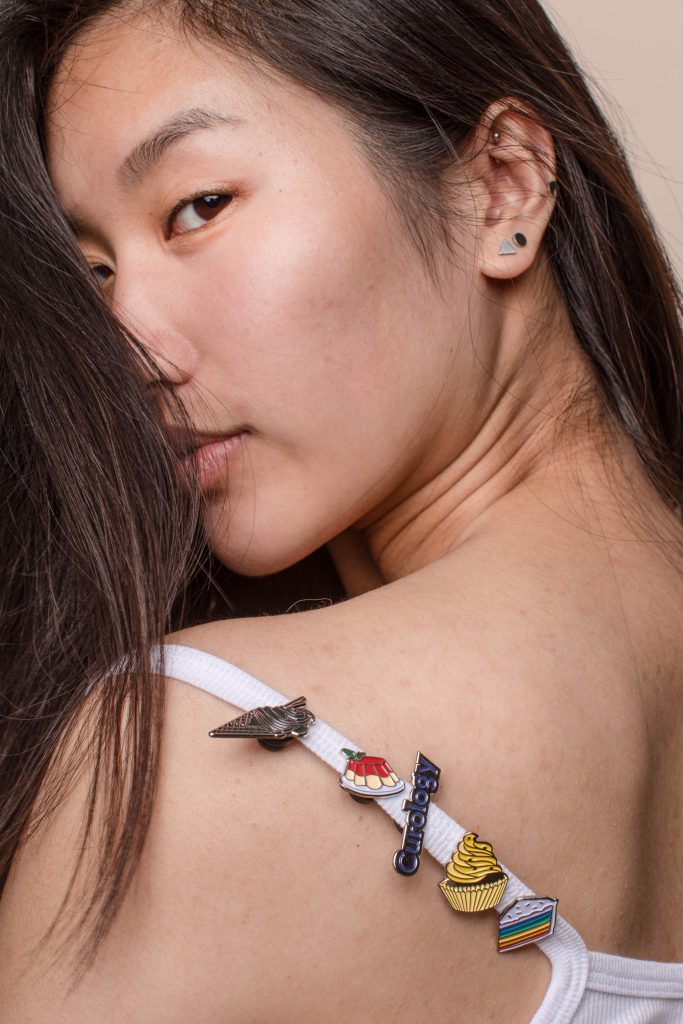
Conclusion
Due to inherent genetic factors that influence bone structure, skin composition and melanin concentration, Asian women can enjoy the appearance of seeming “ageless” as they get older and avoid some of the skin complications that women from other cultures, typically Western, experience. That being said, Asian women are not without their own complications when it comes to aging. In addition to genetic factors, cultural practices and personal habits such as sun exposure and smoking, respectively, can also affect the aging process. While you can’t choose your genes, you can choose what you can do with them!
Voibon Tips
- If you’re looking to stay as young forever (or at least appear that way), there are a variety of practices you can embrace to help you skin stay healthy and youthful:
- Try and minimize sun exposure during peak sun hours (typically between 10-4 pm) so that you aren’t fully exposed to maximum UV radiation that can damage your skin
- If you do go out during peak sun hours, or whenever you find yourself in the sun, try and wear longer sleeves and wide-brimmed hats to protect exposed parts of your skin from sun damage or use a sunscreen with a higher SPF, such as 30 or above, to prevent UV damage
- If you do smoke, reducing the amount you smoke or quitting can help to reduce the likelihood that you wrinkle
- Consuming adequate protein, including some animal proteins, can help to replenish collagen levels or at least reduce the amount of collagen you lose. Collagen helps to maintain skin elasticity and fullness, reducing the likelihood and intensity of wrinkling
- Eating abundant fruits and vegetables, among other nutritious foods, can provide a variety of vitamins and minerals, such as C and Zinc, as well as antioxidant compounds and enzymes that help to keep your skin protected from environmental contaminants and UV radiation
Reference
[2]https://www.ncbi.nlm.nih.gov/pmc/articles/PMC4756870/
[3]https://onlinelibrary.wiley.com/doi/10.1034/j.1600-0781.2003.00027.x

